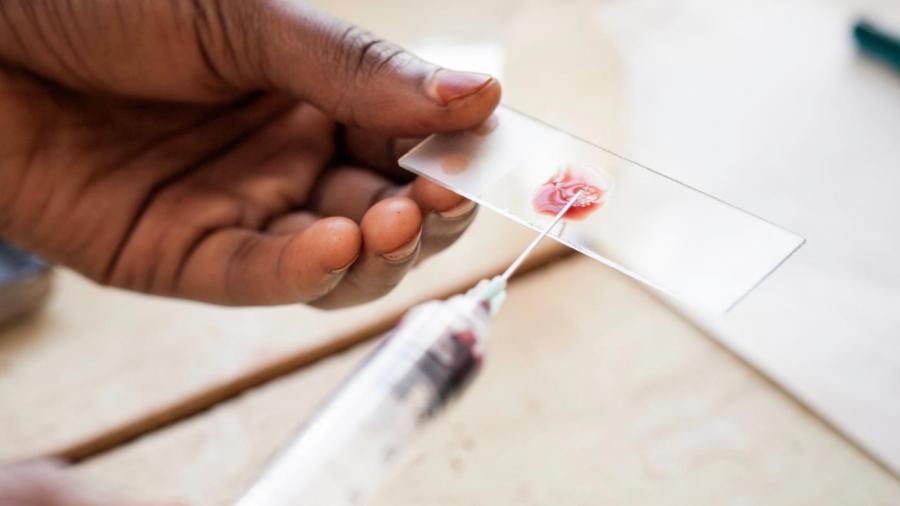What Are the Causes of High Iron in the Blood?

Some causes of iron overload, or high iron levels in the blood, include genetic disorders and excessive dietary iron, according to Iron Disorders Institute. It is important to treat high iron levels as soon as possible because of detrimental effects such as heart failure.
Iron overload means that there is excess iron in the body’s vital organs, and it increases the risk of liver failure, heart attack, diabetes, osteoarthritis, metabolic syndrome, hypothyroidism and in some cases, premature death, according to Iron Disorders Institute. It is also dangerous when coupled with neurodegenerative diseases such as Alzheimer’s, Parkinson’s, Huntington’s, epilepsy and multiple sclerosis. The condition’s possible causes include genetic factors, numerous blood transfusions, iron shots or injections, and high levels of supplemental iron.
A variety of genetic causes exist for iron overload and include hereditary hemochromatosis, African iron overload, sickle cell disease, thalassemia, X-linked sideroblastic anemia and enzyme deficiencies, explains Iron Disorders Institute. Sometimes, instead of an iron disorder, an individual produces too many blood cells, which causes high iron as a result. The symptoms associated with the condition include chronic fatigue, joint pain and abdominal pain. Iron overload is treated by reducing iron intake through iron reduction therapy, and depending on an individual’s hemoglobin level, a doctor may suggest donating blood as a means of ridding the body of excess iron. Otherwise, drugs are used to remove the excess iron.





